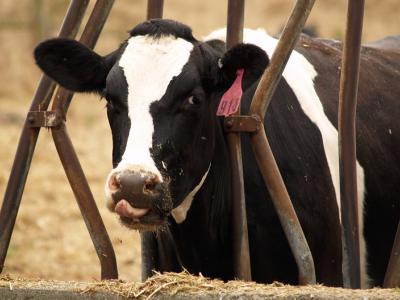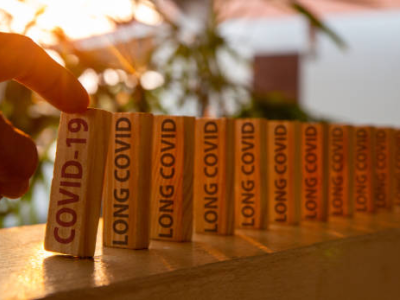USDA to study antimicrobial use, resistance on swine farms
The US Department of Agriculture's (USDA's) Animal and Plant Health Inspection Service (APHIS) announced this week that it has begun an effort to study antimicrobial use and resistance on commercial swine farms in the Midwest.
The collaborative effort, which also includes Minnesota-based Pipestone Veterinary Services and South Dakota State University, involves collecting, isolating, and analyzing samples of selected pig- and food safety-related pathogens for resistance.
Pipestone has been collecting data on antimicrobial use on its client farms for several years and recently began sampling for resistance. Researchers with APHIS's National Animal Health Monitoring System will provide more analysis and interpretation of the data in the context of factors related to animal management and disease pressure.
The USDA says the collaborative effort is the first of its kind, with funding provided by public, private, and industry sources.
"This collaboration could serve as a model for future studies to monitor antimicrobial use and resistance," the agency said in a press release.
Nov 30 USDA press release
Yellow fever outbreak in Ghana sickens more than 200
Ghana is experiencing a yellow fever outbreak that began on Oct 15, with 202 suspected cases reported so far, 70 of them confirmed and 35 fatal, the World Health Organization (WHO) said yesterday.
The infections have been reported in four regions in the west and central part of the country: Savannah, Upper West, Bono, and Oti. The cases have mainly been reported in nomadic groups that moved from Nigeria into a forest reserve in Savannah region, which is a tourist destination. The WHO said the region also has porous borders with Ivory Coast and Burkina Faso, posing a risk for disease spread to other countries.
Yellow fever is endemic in Ghana, and the country has high overall population immunity to the virus, the WHO said. It noted, however, that pockets of unvaccinated people—including nomadic groups—remain at risk for illness and contribute to the risk of further spread.
Stepped-up vaccination activities targeting 80 communities in Savannah region have been under way since Nov 6. Catch-up vaccination efforts have begun, as has strengthened vector control.
The WHO said the national and regional risks from the outbreak are moderate and the global risk is low.
Dec 1 WHO statement












